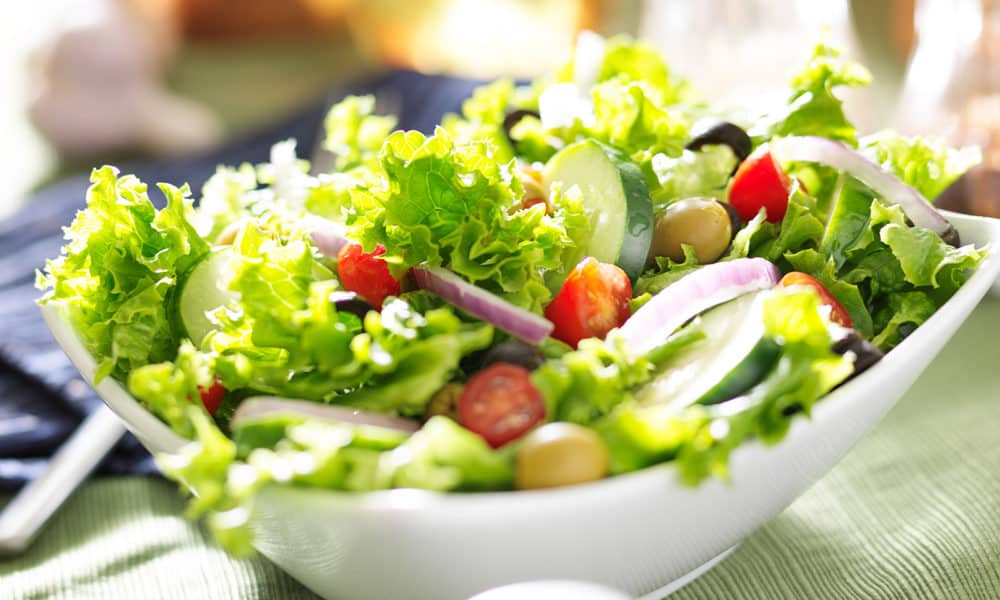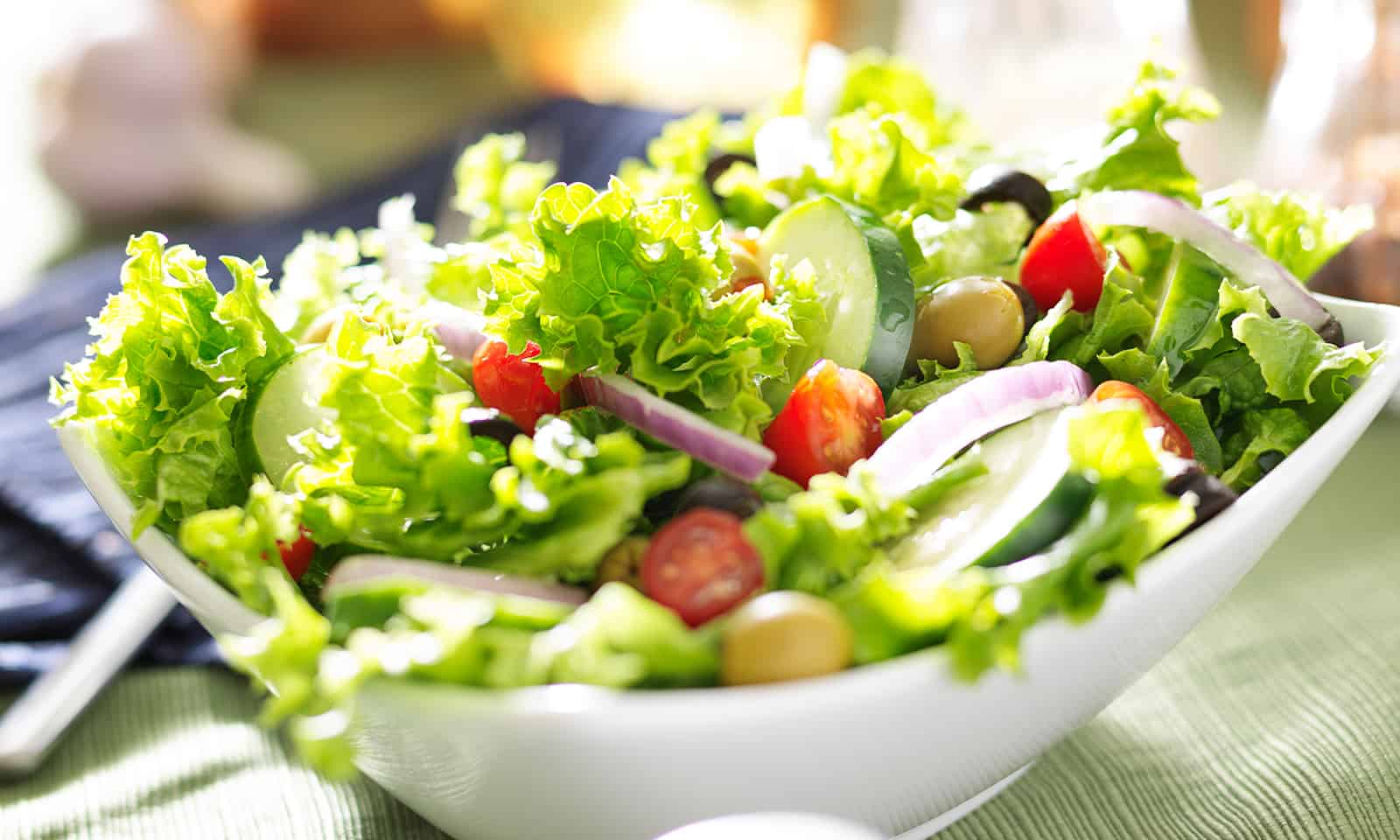

With so many resources being wasted nowadays, we all need to make a conscious effort to go green. One of the easiest ways to go green on a regular basis is your grocery shopping choices. We all have to eat every day, right? Right! So this is one way you can make big impact without too much effort. With a little thoughtful planning and a change in your grocery routine, you can make a difference towards your local economy and that of the planet.
REUSABLE GROCERY BAGS
The easiest way to green your grocery routine is to carry reusable grocery bags. Reusable grocery bags are the best way to keep plastic bags from our already overly crowded landfills. Most grocery stores now sell reusable grocery bags. You can see them around every checkout stand. They are very inexpensive and most are made from recycled textiles. You can keep them in the truck of your car so that they are readily available when you do go shopping. To get you in the habit, you can write it on your grocery so you don’t forget.
MEAL PLAN
You know the old phrase “If you fail to plan, you plan to fail”? This is so true in this case. Start by planning ahead of what you are going to eat for the week. A tentative meal plan can ensure that you use your food wisely, make healthy choices, will reduce environmental waste, and save you money. See what your busy week entails so that you can match your meal plans and snacks for you and your family. You can pre-make meals and snacks and have them ready whenever hunger strikes. Nutritional planning also keeps you on track from making unhealthy choices on the fly. So take inventory and plan!
EAT FRESH
Food for thought: Just think of how many resources a boxed food company has to use to manufacture that food item. Most boxed foods are refined or processed. So please read labels to know what it is and where it came from. If you do eat boxed foods, make sure see the green and brown USDA organic label and you buy 100% organic. Most organic companies now are using recycled packaging. My advice to you-shop on the outsides of the grocery store aisle and avoid the inner aisles if necessary. Most processed and refined package foods are in the inner aisle. Not all foods are created equal. Are most of your items packaged or boxed? Or are you eating fresh foods that you have to put in your own reusable bags? By choosing to eat fresh produce in your daily diet, not only will you green your grocery routine, you will look and feel better.
SHOPPING LOCALLY
Shopping locally nourishes your own local economy. Farmers markets and local co-ops, have fresh organic produce that are in season. Make friends with the farmers. Most growers are happy to enlighten you on their sustainable growing practices and what will be in season soon. If you have to shop at the grocery store, look for foods that are grown locally. By making this choice, you will keep local farmers in high demand and cut cost on importing transportation pollution.
ELECTRONIC COUPONS
We all know that coupons are a great way to saving our hard earned money. Gone are the days of clipping coupons from Sunday newspapers. Most grocery stores today have electronic coupons. For example, Krogers grocery store allows you to go to their web site and pick the items that are on sale, and then you add it to your Krogers grocery card. So instead of clipping coupons and forgetting them at home or losing them, they will be on your store card. If you forget your store card, they will look it up by your phone number. Just think of how many trees you will be saving!
BULK SHOPPING
Most grocery stores have bulk bins to purchase grains, seeds, nuts, dried fruits, and even protein powders. So instead of buying these items boxed in the inner aisles, bring your own plastic zip lock baggies and label them to the food item you will put in them. You scoop them out of the bins to the amount that you need. Then you put it on a scale to weigh the amount. Sometimes it is cheaper than buying the boxed item. When you get home transfer the food items in air tight containers. Then save the labeled zip lock baggie for the next you need to purchase more of that particular item.
DITCH BOTTLE WATER
Manufacturing, shipping, and recycling water bottles waste a lot of the earth’s resources. Also, most bottled water has a harmful chemical called BPA that disrupts the endocrine system. So instead of drinking a dangerous chemical regularly and being wasteful to the planet, install a home filtration system and reuse stainless steel water bottles. Plus, stainless steel water bottles last a lifetime. If you can’t do a home filtration system, refill a large water cooler at the grocery store or order a water cooler form a reputable water company. Then refill stainless steel water bottles from the comfort of your own home.
I know that your whole grocery list can’t be green, but this is a start to saving your health and that of the environment. Here is a green grocery list to get you started!
Green Grocery List
Reusable grocery bags
Reusable bulk bags
Fresh fruit (grown locally)
Fresh veggies (grown locally)
Nuts (bulk bins)
Grains like oatmeal, brown rice, and quinoa (bulk bins)
Protein powder (bulk bins)
Refillable water at water stations
XOXO
Marzia






















